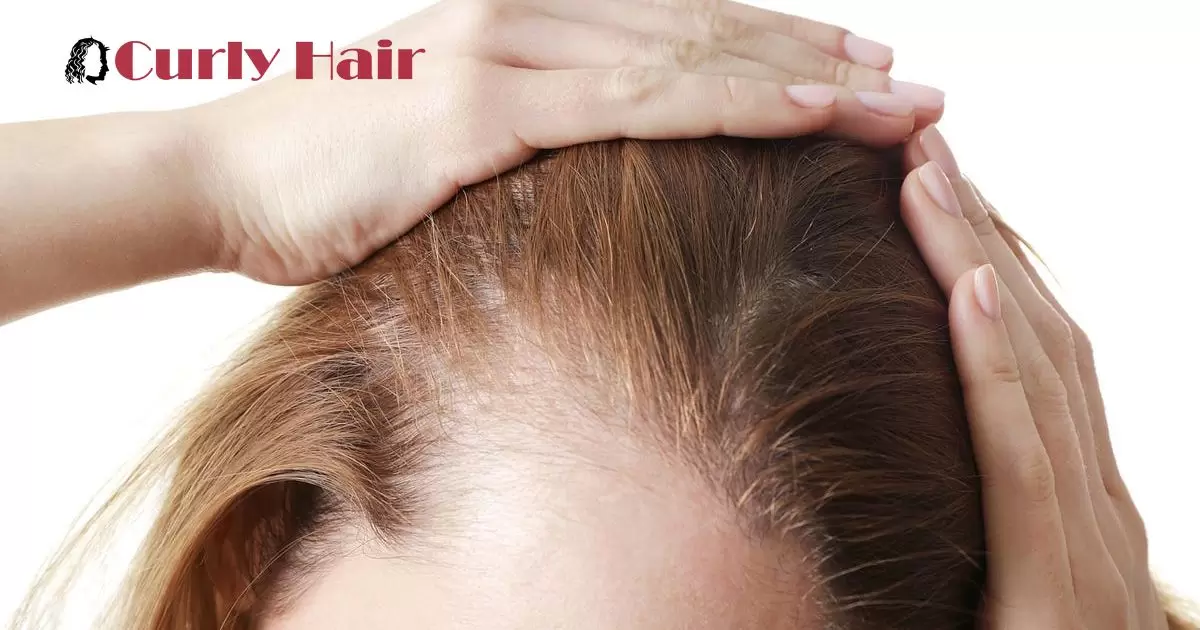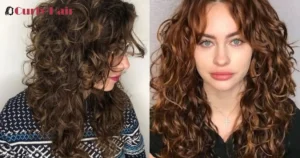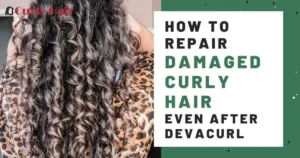Having an oily scalp and thinning hair can be frustrating. Excessive sebum production from overactive oil glands coats the scalp and hair follicles. This oily environment can clog follicles, inhibit growth, and contribute to hair loss.
Are you distressed by an oily, greasy scalp and noticing increased hair loss? Excess oil can clog follicles and lead to thinning hair. If you’re struggling with an oily scalp and thinning hair, you need solutions. Get tips to regulate overactive oil glands, properly cleanse, exfoliate and remove buildup.
Excess oil can hinder hair growth. In this article, discover what causes overactive oil glands and how oil and sebum buildup can clog follicles and lead to loss. Learn proven tips to regulate oil production, properly cleanse and exfoliate your scalp, and use treatments targeted to your hair’s needs.
Key Takeaways
- Incorporate vitamins A and E for optimal hair health.
- Drink enough water to regulate excessive oil on the scalp.
- Use sulfate-free shampoos to cleanse without stripping essential oils.
- Consult a dermatologist for personalized strategies on oily scalp and thinning hair.
- Proactive care empowers individuals to manage and improve hair health.
What Causes Oily Scalp And Thinning Hair?
An oily scalp and thinning hair often share a common root. Overactive sebaceous glands, tiny glands beneath the skin’s surface, produce excess oil, leading to an oily scalp. This surplus oil, rich in sebum, can clog hair follicles, hindering healthy hair growth. As a result, hair strands may become finer and more prone to breakage, contributing to the issue of thinning hair.
Genetics
Genetics also plays a pivotal role in the dual challenge of an oily scalp and thinning hair. If your family tree has a history of these issues, there’s a higher likelihood of inheriting a predisposition to overactive sebaceous glands and hair thinning. Understanding your genetic makeup can provide valuable insights into the roots of these concerns, empowering you to make informed choices for managing and improving the health of your scalp and hair.
Hormonal Changes
Hormonal changes significantly impact the balance of sebum production, contributing to both oily scalp and thinning hair. During puberty, pregnancy, or menopause, curl cream used for hormonal fluctuations can stimulate sebaceous glands to produce more oil. This excess oil, when combined with hormonal shifts affecting hair growth cycles, may lead to thinning hair.
Poor Diet
A poor diet is a silent contributor to the dual challenge of an oily scalp and thinning hair. Inadequate nutrition, lacking essential vitamins and minerals, can disrupt the balance of sebum production. This imbalance triggers an oily scalp, while the compromised nutrient intake weakens hair strands, resulting in thinning. Ensuring a well-rounded, nutrient-rich diet becomes crucial in addressing these issues, promoting scalp health, and fostering stronger, fuller hair.
Stress
Stress, a common culprit in the saga of oily scalp and thinning hair, plays a pivotal role. When stress levels spike, the body responds by producing more androgens – hormones that stimulate oil glands. This hormonal surge can trigger an overproduction of oil on the scalp, making it prone to becoming greasy.
Medications
Certain medications can contribute to both oily scalp and thinning hair. Some medications may stimulate the sebaceous glands, increasing oil production on the scalp. Certain drugs might interfere with the natural hair growth cycle, leading to thinner strands. It’s essential to be aware of the potential side effects of medications and consult with a healthcare professional if you notice changes in your scalp or hair health while on medication
How To Treat Oily Scalp And Thinning Hair?
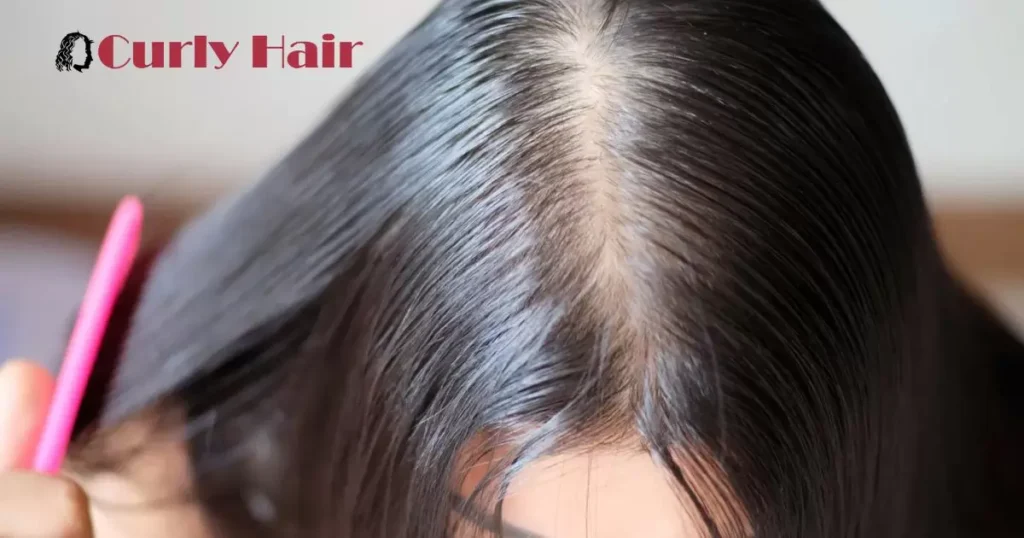
| Treatment | Description |
| Use gentle shampoos | Sulfate-free formulas cleanse without stripping oils |
| Scalp exfoliation | Removes excess oil and debris, promoting scalp health |
| Balanced diet | Ensure intake of vitamins A and E for hair health |
| Hydration | Drink sufficient water to regulate scalp oil production |
| Professional advice | Consult dermatologists or trichologists for personalized treatment plans |
To treat oily scalp and thinning hair, start with a gentle cleansing routine. Use a mild shampoo to wash your hair regularly, removing excess oil and preventing clogged follicles. Avoid harsh or heavy hair products that can exacerbate oiliness and weigh down fragile strands. Opt for lightweight, volumizing products to add body without causing further buildup.
Maintaining a balanced diet also plays a crucial role. Ensure your meals include a variety of nutrients, especially those promoting hair health like vitamins A and E. Hydration is key, drinking enough water supports overall health and helps regulate excessive oil on the scalp. Seeking professional advice from a dermatologist or trichologist can provide personalized strategies to address specific concerns with oily scalp and thinning hair.
Shampoos For Oily Scalp And Thinning Hair
Choosing the right shampoo is crucial for managing both oily scalp and thinning hair. Look for sulfate-free formulas that cleanse without stripping natural oils excessively. Ingredients like tea tree oil, salicylic acid, or ketoconazole can be beneficial, as they target excess oil and promote a healthier scalp environment.
Regular use of a suitable shampoo can help balance brittle hair hypothyroidism production, nourish the scalp, and improve the overall health of your hair, addressing the dual concerns of an oily scalp and thinning hair effectively.
Preventing Oily Scalp And Thinning Hair Effectively
Maintaining a healthy scalp and preventing thinning hair involves simple yet effective habits. Regularly washing your hair with a gentle, clarifying shampoo helps control excess oil without stripping your scalp of its natural moisture. Choosing hairstyles that don’t tug or stress the hair follicles can also minimize the risk of thinning.
To external care, managing stress is crucial in preventing oily scalp and thinning hair. Stress can contribute to hormonal imbalances that affect the sebaceous glands and disrupt the hair growth cycle. Incorporating stress-reducing activities, such as exercise or mindfulness practices, into your routine can positively impact both your scalp’s oil production and the health of your hair, fostering a holistic approach to prevention.
Maintaining Healthy Hair With An Oily Scalp
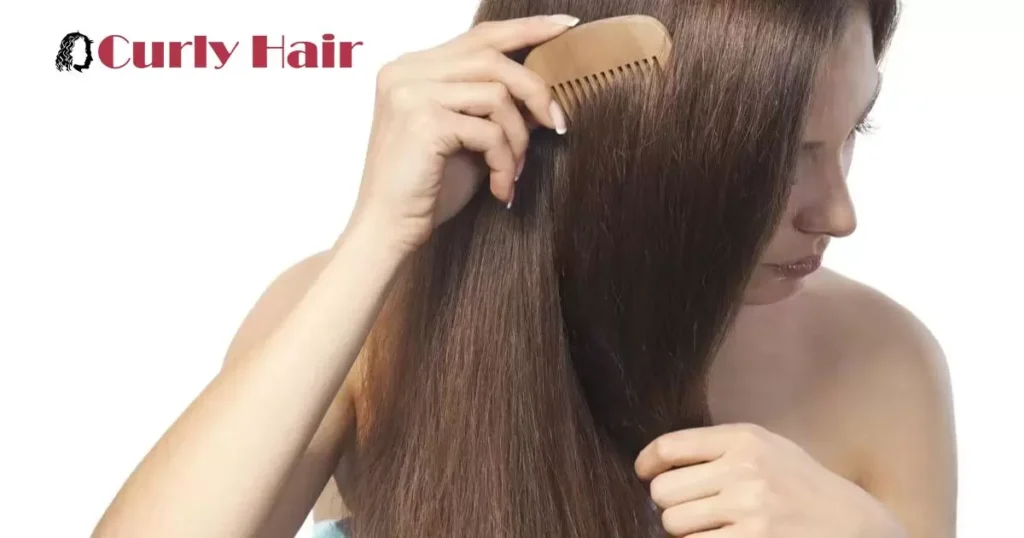
Gentle Washing: Regularly wash your hair with a mild shampoo to control excess oil without stripping the scalp’s natural moisture.
Oil-Free Products: Choose lightweight, oil-free hair care products to prevent buildup and maintain a cleaner scalp environment.
Avoid Excessive Styling: Minimize heat styling and tight hairstyles, as they can worsen oiliness and contribute to hair thinning.
Balanced Diet: Include fruits, vegetables, and lean proteins in your diet for essential nutrients that support overall hair health.
Hydration: Stay well-hydrated by drinking an adequate amount of water to regulate sebum production and promote healthy hair growth.
Hair Treatments For Oily Scalp And Thinning Hair
Addressing an oily scalp and thinning hair often involves targeted hair treatments. Shampoos containing salicylic acid or tea tree oil can help regulate scalp oiliness. Look for nourishing conditioners and treatments with ingredients like biotin and keratin to strengthen and volumize thinning hair, promoting a healthier appearance.
Scalp massages with essential oils, such as lavender or rosemary, can stimulate blood circulation, supporting hair follicles. Regular use of these hair treatments can contribute to a balanced scalp environment and improve the overall health and thickness of the hair.
Preventing Hair Loss With An Oily Scalp
Maintaining a healthy scalp is crucial in preventing hair loss associated with excess oil. Regular and gentle cleansing helps manage oily scalp conditions, preventing clogged follicles that can lead to thinning hair. Using a mild shampoo and avoiding excessive washing can strike a balance, keeping the scalp clean without overstimulating oil production.
In addition to proper cleansing, adopting a balanced diet with essential nutrients promotes overall hair health. Nutrients like vitamins A and E, zinc, and omega-3 fatty acids contribute to strong, resilient hair. Staying hydrated, managing stress, and avoiding excessive heat styling are also simple yet effective measures in preventing hair loss while dealing with an oily scalp.
Haircuts For Oily Scalp And Thinning Hair
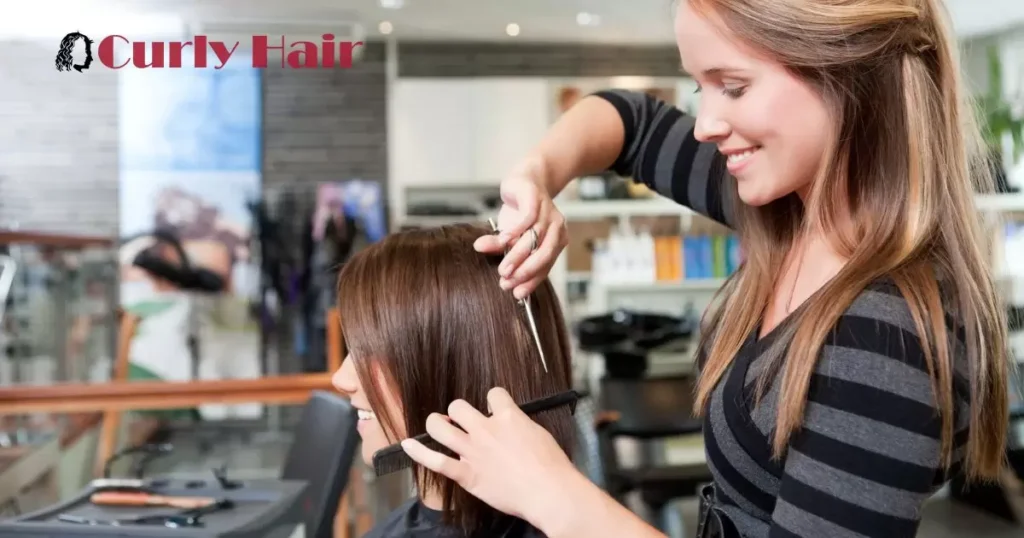
When dealing with an oily scalp and thinning hair, opting for the right haircut can make a notable difference. Shorter styles, such as pixie cuts or bobs, can give the appearance of fuller hair, minimizing the visibility of thinning areas.
Layered cuts add texture, providing volume and movement while helping to manage excess oil. Choosing a haircut that suits your hair type and embraces its natural texture can enhance your overall look while addressing concerns related to an oily scalp and thinning hair.
Preventing Hair Damage With An Oily Scalp
To prevent hair damage with an oily scalp, adopt a gentle cleansing routine. Use a mild shampoo to cleanse your hair and scalp, removing excess oil without stripping essential moisture. Avoid overwashing, as it can trigger the sebaceous glands to produce more oil, exacerbating the issue. Additionally, choose hairstyles that don’t pull too tightly on the hair follicles, reducing the risk of breakage.
Nourish your hair with a balanced diet rich in vitamins and minerals. Foods like eggs, nuts, and leafy greens provide essential nutrients for healthy hair growth. Consider using a wide-toothed comb to detangle wet hair gently, minimizing stress on the strands. By adopting these preventive measures, you can manage an oily scalp and promote healthier, fuller hair.
Hair Care Tips For Oily Scalp And Thinning Hair
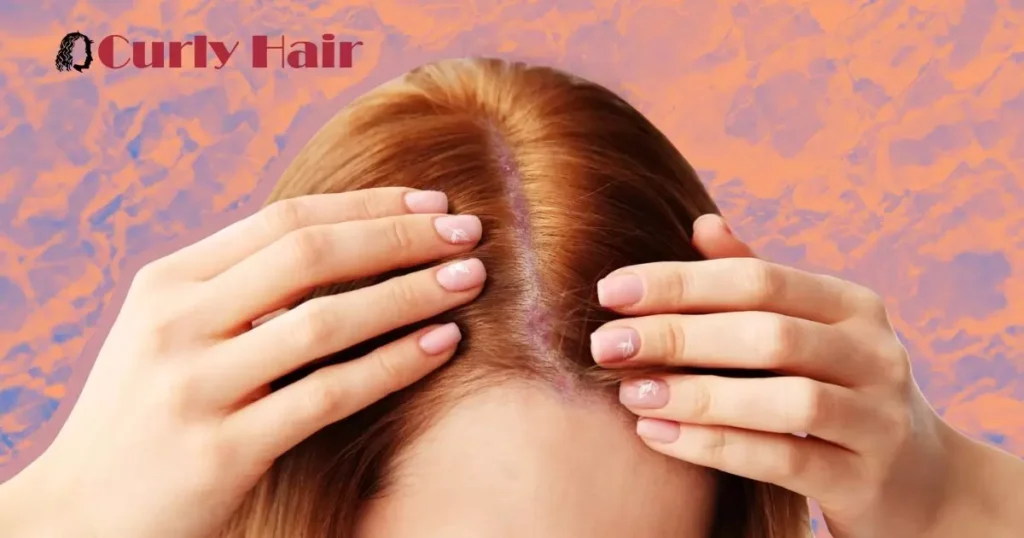
To manage an oily curly hair and oily scalp, choosing the right hair care routine is crucial. Opt for gentle, sulfate-free shampoos that cleanse without stripping essential oils, helping control excess sebum. Regularly washing with lukewarm water and avoiding hot water can prevent further stimulation of oil production while maintaining a healthier scalp.
When conditioning, focus on the hair ends rather than the scalp to avoid weighing down roots. Incorporate lightweight, volumizing products into your routine, and consider styles that add volume, camouflaging the appearance of thinning hair. Taking a proactive approach to hair care can make a significant difference in addressing the challenges of an oily scalp and thinning hair.
Frequently Asked Question
Will hair grow back from oily scalp?
Yes, hair can grow back from an oily scalp. Addressing the root cause, maintaining a healthy scalp, and adopting a suitable hair care routine can promote hair regrowth and overall hair health.
Why does my hair feel thinner when oily?
Excess oil on the scalp can weigh down hair strands, making them appear thinner. Additionally, oily buildup may clog follicles, hindering healthy hair growth.
Does oily scalp mean DHT?
No, an oily scalp doesn’t necessarily mean an increase in DHT (dihydrotestosterone). While excess oil can contribute to certain scalp issues, DHT, a hormone linked to hair loss, is a separate factor that can influence hair thinning.
Conclusion
To sum up, grasping the intricate interplay between an oily scalp and thinning hair is crucial. Excess oil production can clog follicles, contributing to hair thinning. Identifying the root causes, such as overactive sebaceous glands or medications, is crucial.
Implementing a suitable hair care routine, including gentle shampoos and targeted conditioning, can help manage an oily scalp and promote healthier hair. Being proactive in addressing these concerns empowers individuals to take charge of their hair health. By staying informed and adopting appropriate practices, individuals can navigate the challenges posed by an oily scalp and thinning hair, fostering confidence and well-being.
